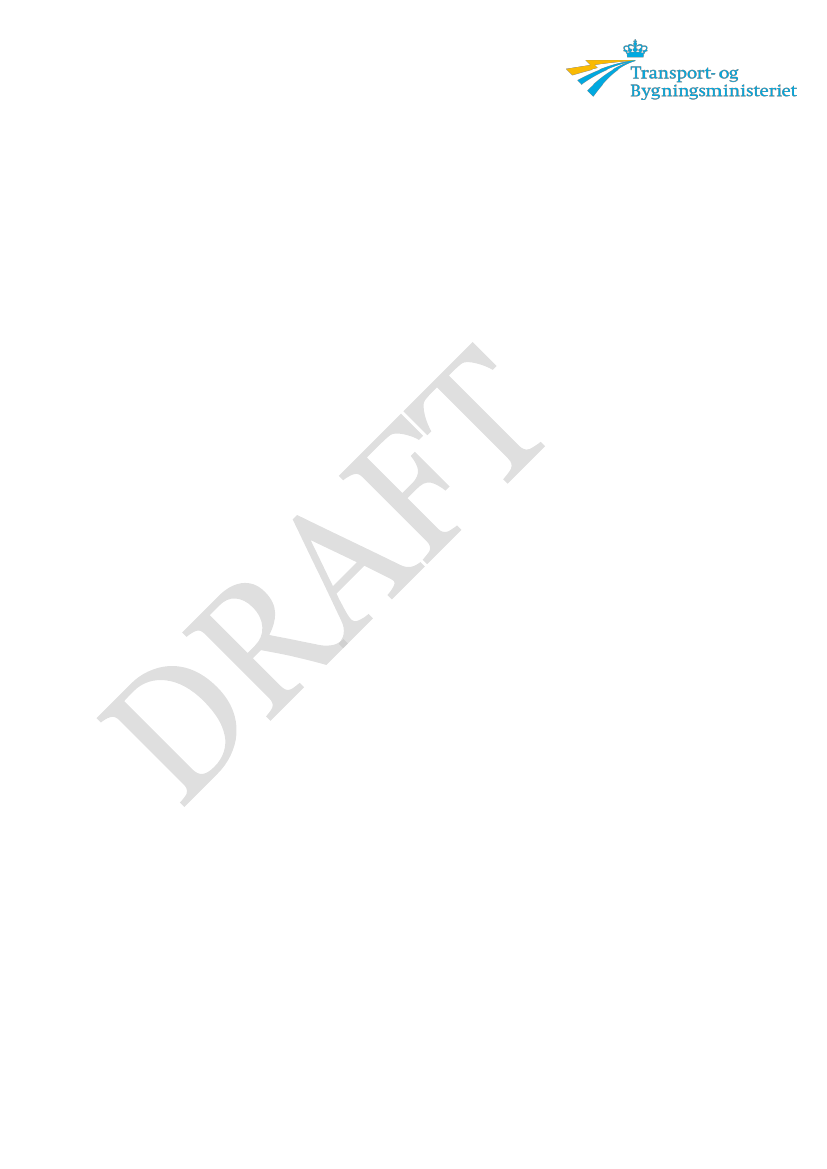
DRAFT PROPOSAL
Dato
J. nr.
January 2017
2016-2613
Draft proposal for targeted initiatives in the aviation sector con-
cerning fair competition
The liberalisation of the aviation market has created business opportunities for
European companies operating within the EU. The development of a competi-
tive European aviation sector has stimulated growth and employment. Fierce
competition among airlines to reduce operating costs has resulted in the emer-
gence of new business and employment models. Market liberalisation, howev-
er, has also been a driver of unfair competition giving rise to concerns about the
working conditions and social standards in the sector.
While new forms of company organisation, recruitment practices and terms of
employment appear legitimate and in compliance with current EU rules, there
are examples of EU airlines employing unfair business practices exploiting un-
intentional differences in the implementation, application and administration
by Member States of Union rules and regulations.
The Danish Government finds that steps must be taken at EU-level to secure a
level playing field for companies and to ensure acceptable working conditions
for people employed in the European aviation sector. Airlines should compete
on innovation, quality and price rather than on the basis of ‘rule shopping’ and
the exploitation of loopholes. The Danish Government is a strong supporter of
the EU internal marked and free movement of workers, however some of the
new business models and unfair employment practices can have a negative
effect on fair competition between the airline companies, social and labour
rights, wages, and overall employment standards within the aviation sector.
Legal certainty must be clearly articulated through provisions that ensure uni-
form interpretation and enforcement of the EU rules on employers and em-
ployees in the aviation sector. It should be clear to employees in which EU
Member State they are entitled to
inter alia
social security, which should
moreover not be subject to frequent changes. There should be a clear and un-
ambiguous definition of the concept of home base in the sense of employees
belonging to one home base only.
Furthermore, the working environment on board aircrafts in the EU should be
made subject to uniform, standardised rules and supervision. Consequently, all